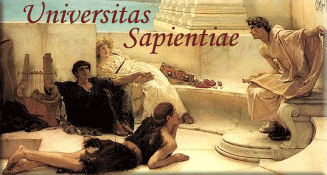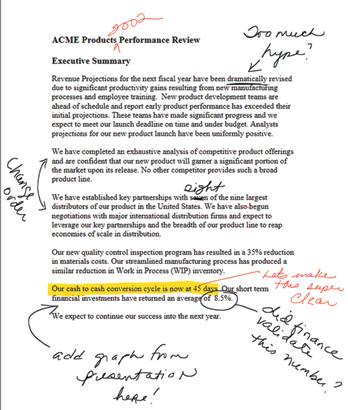
- Crashkurse

|
- Crashkurse |
|
|
backward - Page 5 - forward |
As a System, a library - such as a thermostatically controlled heating system - has one function and one mode of operation. The function of the library is the generation and transmission of knowledge in the form of dialogue and monologue.
 As a lexical academy, the library is a forerunner of Universitas and thus of modern universities and schools in general. Universitas did not yet have any school classes or curriculum, so didactics and pedagogy are also more recent inventions. The libraries and later the universities were originally places where knowledge was gathered and compared.
As a lexical academy, the library is a forerunner of Universitas and thus of modern universities and schools in general. Universitas did not yet have any school classes or curriculum, so didactics and pedagogy are also more recent inventions. The libraries and later the universities were originally places where knowledge was gathered and compared.
Before the invention of letterpress printing, librarians, essentially all visitors to the libraries, made scripts of lectures and transcripts of lectures of scripts. With the invention of letterpress printing, the need for this library operation was eliminated. The invention of letterpress printing corresponded to a spirit of the times, in which librarianship was becoming more and more centralized anyway, and censorship authorities determined which texts corresponded to a general authorship in which form. The literal meaning of "author" is authorized; actual authors are authorized by God, they are media of God, authority speaks through them. U. Eco describes in the name of the rose the hard-fought (dis)fall of this authority, Eco's Jorges burning in the library is an icon of the old times (books as handwritten secret teachings), Luther and Gutenberg are icons of the new times (books as mass media).
The libraries printed the books that were now being read in specialized universities, and increasingly limited themselves to the management of the book stock. (Scientific books are still largely financed by libraries, which guarantee the publishers a basic income). Even if the printed books were still expensive in the beginning, it was no longer worthwhile to write down lectures, because the books could be read in the libraries. Centralisation was accompanied by a fixation of originality and a copyright, initially in the form of citation regulations. (Merton wrote much later that being cited was the real incentive for science).
 Once books became affordable for everyone, lectures on the original purpose of the postscript became completely obsolete. For various reasons, the lecture has nevertheless been held as an event. Often lectures were and are no longer readings from books. And often there were discussions during the lecture, which of course is not so possible when reading the book occasionally. Finally, it also makes sense to take notes, because this creates a variation of the text, in which the writers take notes and comment on it in perspective.
Once books became affordable for everyone, lectures on the original purpose of the postscript became completely obsolete. For various reasons, the lecture has nevertheless been held as an event. Often lectures were and are no longer readings from books. And often there were discussions during the lecture, which of course is not so possible when reading the book occasionally. Finally, it also makes sense to take notes, because this creates a variation of the text, in which the writers take notes and comment on it in perspective.
While in the beginning many scripts were kept in the libraries for their intended purpose, today's lecture notes and protocols are made and used individually. Since everyone has their own books, annotations that used to be added to the original in the library now remain isolated and private. It is even considered extremely indecent to write an annotation in a library book.
When I ask questions in my notes and annotations, I don't get answers because they are only read by me. And if there is no adequate understanding in my notes, no one will correct it. For these reasons, during the advent of printed books, the modern home teacher was rediscovered as a descendant of the original educator and developed into the school teacher who corrects the students' notes, which are now called exams rather than notes.
With the WWW, the functional library process has developed to another level: books have become obsolete. It is no longer necessary for everyone to have their own copy of the text, because everyone can read the original on the server. But like the lecture, the book has of course remained the same, because it fulfils further functions that the WWW cannot take over. (And of course it is open how long there will be lectures and books).
Thus some functional regulations for the library are made. In terms of system theory, the function of the library is irrelevant, it is only of interest to the interpreting observer of the system. The function (wherefore question) is part of a superordinate system and therefore has no operational level (how question), which is why there are no crash course instructions on this page. Systems theory in the narrower sense is concerned with how the system works, so we are dealing with the way the library works, from which concrete actions in the sense of operations can be derived: I want to know more about that.
|
|
backward - Page 5 - forward |